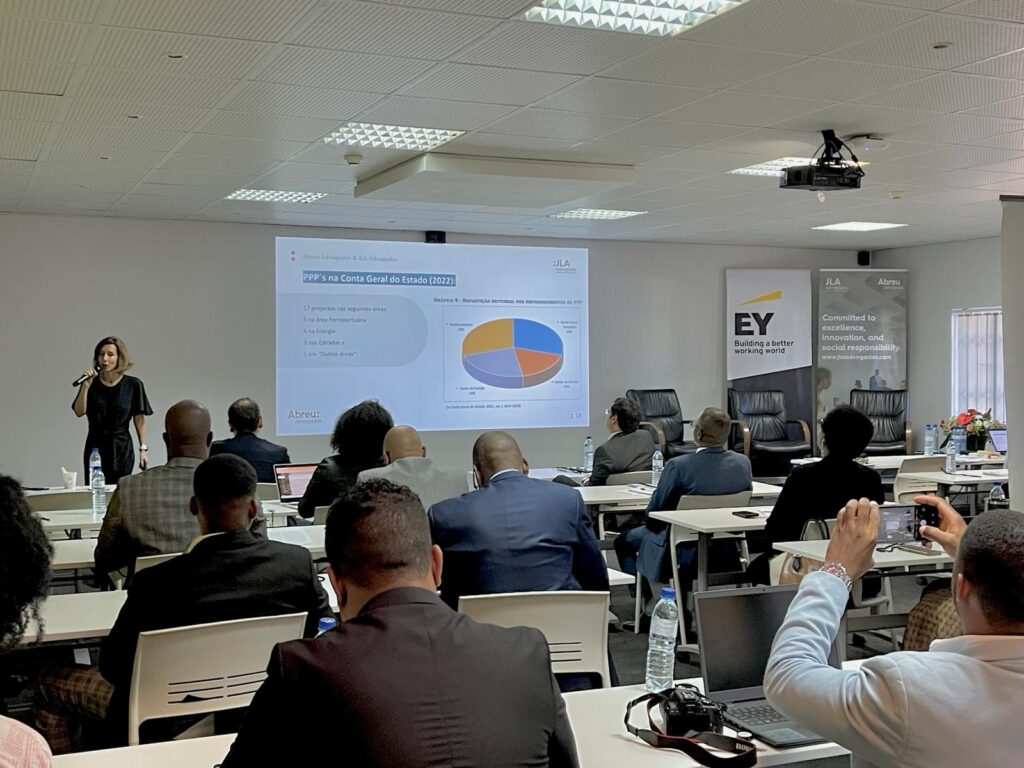12.09.2023
Practice Areas: Public and Environment
Industries: Energy & Natural Resources
Type: Articles
New exceptional procedure for allocating connection capacity to the RESP for electricity consumption facilities in areas of high demand
Decree-Law no. 80/2023, of September 6, was published in Series I of the Diário da República. In the context of the energy transition, it aims to boost the conditions of access to the network necessary for new strategic industrial investments in mainland Portugal.
Through the exceptional regime established by the Diploma in question, in areas of high demand that are acknowledge to be so by order of the member of the Government responsible for the energy area, or recognized in said diploma – the territorial area of Sines (served by the area of the National Electricity Transmission Network, associated with the current Sines substation), it is decided to open an exceptional procedure for the allocation of connection capacity to the network for electricity consumption facilities, which may comprise five phases: (i) expression of interest and determination of unused capacity; (ii) determination of demand; (iii) provision of a security deposit; (iv) provision and assignment of capacity and assessment of demand; and (v) auction for the allocation of available capacity.
Accordingly, once the area of high demand has been recognised, the RESP operator will hold a public consultation, for a period of 10 days, in order for interested parties to express their interest in the allocation of capacity. For the Sines territorial area, this deadline will be of 5 days from the entry into force of the aforementioned Decree-Law, i.e. from September 7, 2023.
Once this phase is over, the RESP operator will ask the interested parties to confirm the terms of the demand by providing a deposit (within 10 days), which will vary according to the amount of connection power requested by the interested parties.
At this stage, the RESP operator may ascertain that it is possible to meet the demand identified – in which case, within 10 days, it will allocate the capacity indicated in the expression of interest to the interested parties, by means of a contract.
If the demand exceeds the available capacity, it will be initiated the phase of liberating and assigning of capacity – a phase in which the holders of unused capacity will be notified to, within 10 days, either (i) present evidence of the need for the allocated[1] unused capacity, with a timetable for its use; or (ii) voluntarily make the unused capacity available to meet the demand resulting from the expressions of interest. If the capacity made available by these holders, in conjunction with the capacity resulting from network reinforcements, is still insufficient to meet demand, they will be obliged to cede it, under the terms of article 8(5) of the aforementioned Decree-Law. In any case, the provision or ceding of capacity will be subject to compensation, under the terms of article 9 of the aforementioned Decree-Law.
When the capacity made available and assigned along with the capacity provided by network reinforcement, is sufficient to meet the identified demand, the RESP Operator will allocate the capacity indicated in the expression of interest to interested parties within 10 days. If this capacity is insufficient, the RESP Operator will promote, within 20 days, an auction for the allocation of available capacity, which will aggregate the capacity made available and assigned under the terms of article 8 of the aforementioned Decree-Law and will be concluded within a maximum of 20 days following the publication of the notice and procedural documents.
The legislator has also established a very special regime for cases in which the expression of interest concerns projects with Potential National Interest (“PIN”) status or which have received funding under the PRR’s Mobilizing Agendas and Green Agendas for Business Innovation. Thus, when the capacity needed to implement such projects can be met by the capacity resulting from network reinforcements and the capacity made available or assigned, it will be allocated to these projects, and the remainder will be auctioned off among the remaining interested parties. In cases where the capacity needed to carry out the projects cannot be met by the capacity to be auctioned, the auction will be limited to the allocation of capacity available for those projects.
[1] This procedure applies to all holders of allocated capacity, regardless of whether they are in operation.












































